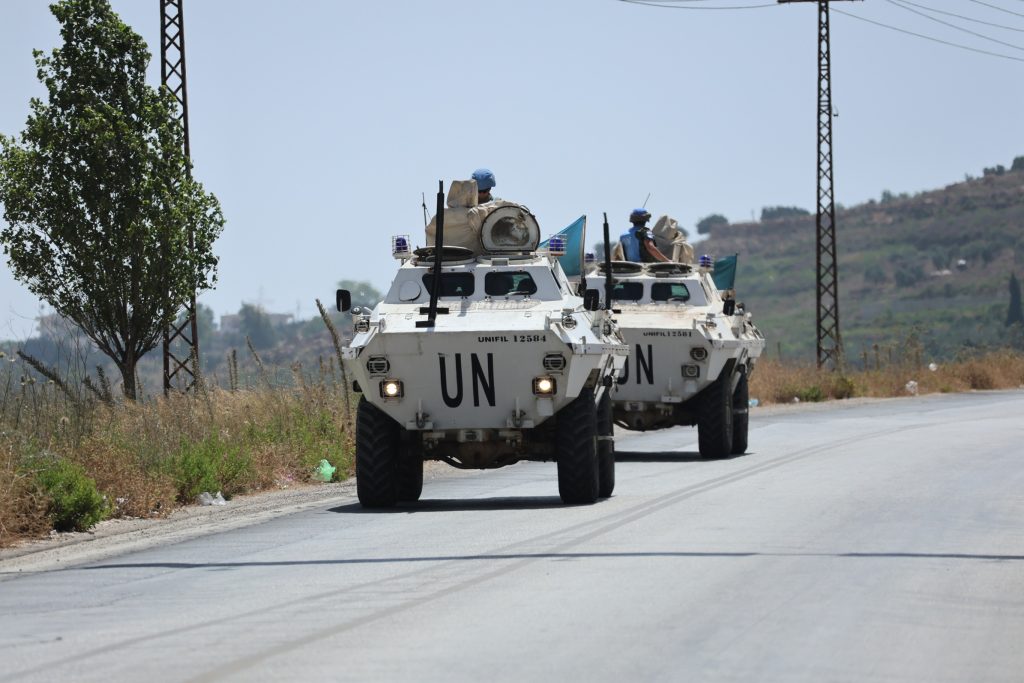The United Nations intends to enhance the capabilities of its peacekeeping mission in Lebanon (UNIFIL) to support the Lebanese army once a truce is reached but will not directly enforce a ceasefire, according to UN peacekeeping chief Jean-Pierre Lacroix.
UNIFIL operates in southern Lebanon to monitor the border with Israel, a region plagued by over a year of hostilities between Israeli forces and Hezbollah militants. Diplomatic efforts to end the violence are centred on UN Resolution 1701, which calls for Hezbollah to withdraw fighters and weapons from the area between the border and the Litani River, 30 km from Lebanon’s southern frontier.
While Israel has long accused UNIFIL of failing to enforce the resolution, Lacroix emphasised that its implementation is the responsibility of the involved parties. “UNIFIL has a supportive role, and there is a lot of substance in that supporting role,” he said during a three-day visit to Lebanon.

Despite repeated Israeli attacks that have injured peacekeepers, UNIFIL troops have maintained their positions, resisting calls from Israel to vacate the area during military operations against Hezbollah.
Looking ahead to a potential truce, Lacroix outlined plans to enhance UNIFIL’s capabilities, including the use of advanced technology to assist the Lebanese army in post-conflict operations such as clearing explosives and reopening roads. He noted that increasing troop numbers may not be necessary, stating, “We think in terms of what would be the needs and how they could be fulfilled.”
Lacroix also stressed the importance of safeguarding peacekeepers, highlighting ongoing calls from the UN and member states for all parties to ensure their safety. While incidents against UNIFIL personnel persist, international condemnation has helped prevent their escalation.

